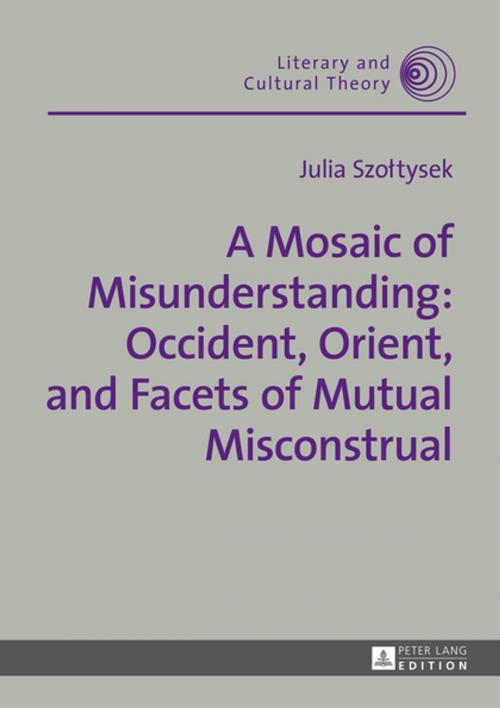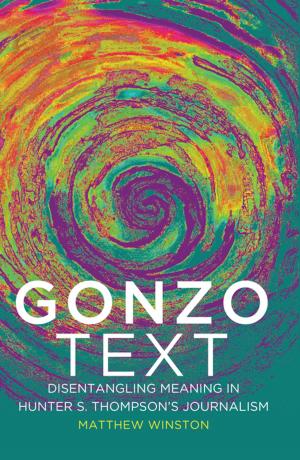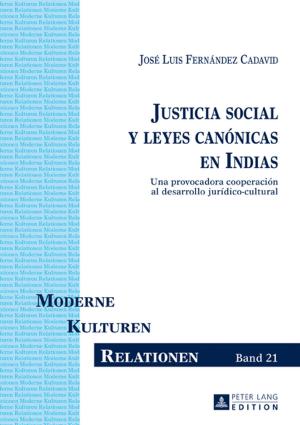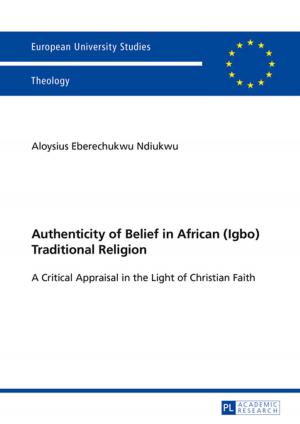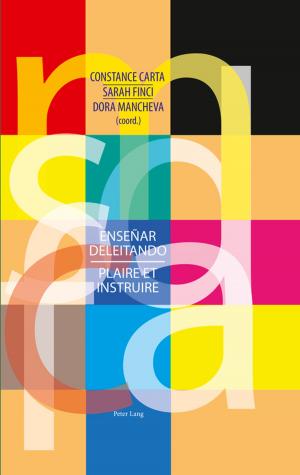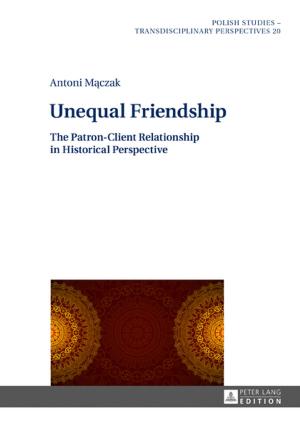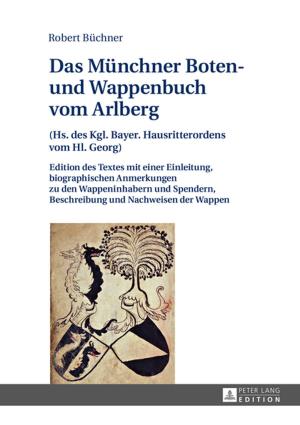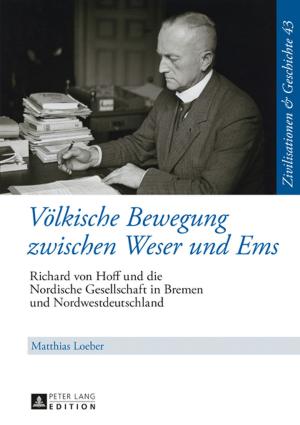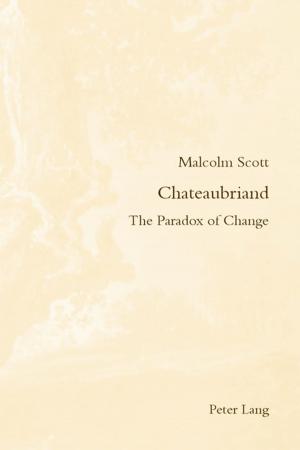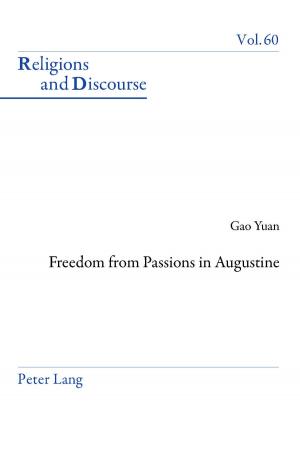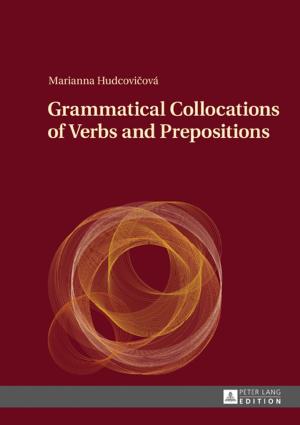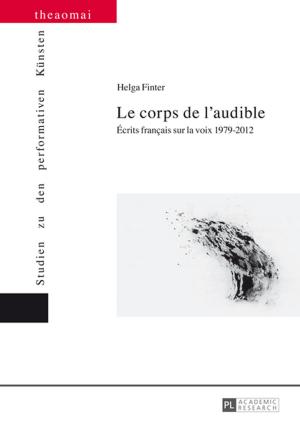A Mosaic of Misunderstanding: Occident, Orient, and Facets of Mutual Misconstrual
Nonfiction, Art & Architecture, General Art, Art Technique, Drawing, Fiction & Literature, Literary Theory & Criticism| Author: | Julia Szoltysek | ISBN: | 9783631693407 |
| Publisher: | Peter Lang | Publication: | August 5, 2016 |
| Imprint: | Peter Lang GmbH, Internationaler Verlag der Wissenschaften | Language: | English |
| Author: | Julia Szoltysek |
| ISBN: | 9783631693407 |
| Publisher: | Peter Lang |
| Publication: | August 5, 2016 |
| Imprint: | Peter Lang GmbH, Internationaler Verlag der Wissenschaften |
| Language: | English |
The book investigates relations between the ‘East’ and ‘West’ which have been forming and evolving from the Enlightenment until the present times. On the basis of material covering a selection of American, British and Turkish literature, as well as examples of Western Orientalist painting and musical (operatic) illustrations of analysed issues, the study aims to usher in a deeper and more nuanced understanding of post/colonial phenomena and their broader socio-cultural implications. The work attempts to accentuate the resonances and dissonances between various arts and disciplines, with the view to illuminating the organic nature of both inter- and intra-cultural relationships. The rationale behind such an orientation in research and methodology has not been to arrive at a final eclectic perspective, but rather, to promote a more comprehensive and diverse approach towards the ‘Other.’
The book investigates relations between the ‘East’ and ‘West’ which have been forming and evolving from the Enlightenment until the present times. On the basis of material covering a selection of American, British and Turkish literature, as well as examples of Western Orientalist painting and musical (operatic) illustrations of analysed issues, the study aims to usher in a deeper and more nuanced understanding of post/colonial phenomena and their broader socio-cultural implications. The work attempts to accentuate the resonances and dissonances between various arts and disciplines, with the view to illuminating the organic nature of both inter- and intra-cultural relationships. The rationale behind such an orientation in research and methodology has not been to arrive at a final eclectic perspective, but rather, to promote a more comprehensive and diverse approach towards the ‘Other.’
